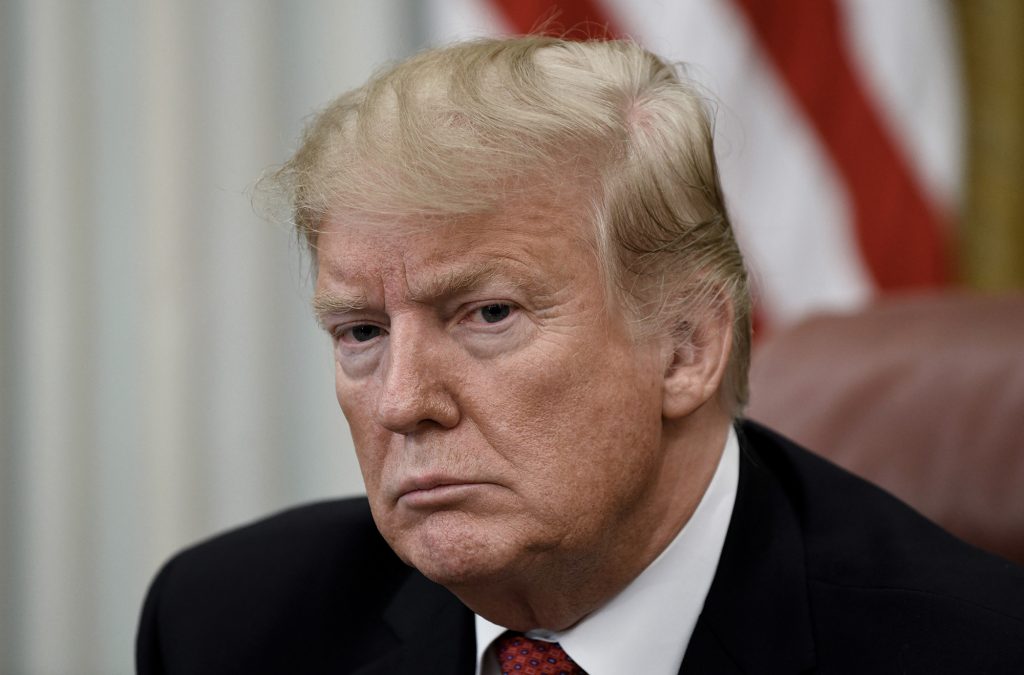
There’s an old saying that politics is like a game of chess, with two sides of the same game battling it out to see who can take control of the board. And, as simplistic as the metaphor is, it holds up, especially within the government shutdown that began Dec. 22, 2018.
On one side: the Republican Party, led by President Donald Trump and Senate Majority Leader Mitch McConnell. Their ultimate goal is to secure the funding to install Trump’s long-promised border wall between the United States and Mexico. Without this provision, according to the Republican Party, the government will continue to be shut down.
On the other: the Democratic Party, led by House Speaker Nancy Pelosi and Senate Minority Leader Chuck Schumer. Their ultimate goal is to deny Donald Trump the wall and come to a compromise to restart the government, but not one that, in their minds, would hurt the American people.
Each side is trying to appeal to their supporters, a not only clear objective but also a necessary one. The ultimate goal of the Republicans is to ensure Trump’s election to a second term as President, in spite of the numerous controversies regarding humanitarian efforts and supposed allegiances to the Russian, North Korean and Saudi Arabian governments. The Democrats, on the other hand, want to appear strong after regaining the House during the mid-term elections last November.
With these goals in mind, both parties have played their chess strategies to perfection. The Democrats, of course, have turned down offer upon offer whenever the discussion shifts to the request for the border wall, which has, for the most part, been a point of satisfaction amongst the Democrats — continually bringing up Trump’s poor conduct as President and the supposed spinelessness of the Republican Party for following him. Convincing Trump to delay the State of the Union address until the shutdown has concluded was certainly a substantial piece of strategy on their part.
The Republicans, however, have carefully chosen what they would offer and their actions, such as increasing rights for DREAMers and those under Temporary Protected Status. Trump has even tried knocking the Democrats down and even threatened to declare a national emergency if the Democrats didn’t give Trump the wall. Trump canceling Pelosi’s trips to Belgium, Egypt and Afghanistan was also, on his part, an active display of power.
So thus, both sides have reached a virtual stalemate. However, for this conflict to end, one of the two parties will have to do something they don’t want to do: zugzwang. What is zugzwang? Well, going back to the chess metaphor, a zugzwang is a situation in which one of the players is put into a disadvantage because they must make a move when they would prefer to pass, thus hurting their position.
In other words, either the Republicans put the Democrats in a position where they will have no choice but to give funding for the wall, or the Democrats put the Republicans in a situation where they have no choice but to give in on the border wall altogether. Either way, one of the parties would be giving up vast ground, and the results of the government shutdown could dictate the results of the 2020 election. However, the short term effects will be the same: this is a chess game that no one will win — not the Republicans, not the Democrats, not the people. No one wins from this.
In conclusion, the shutdown has to end, and compromises need to be made. However, the government needs to remember one final thing: the people come first, no matter who declares checkmate.

